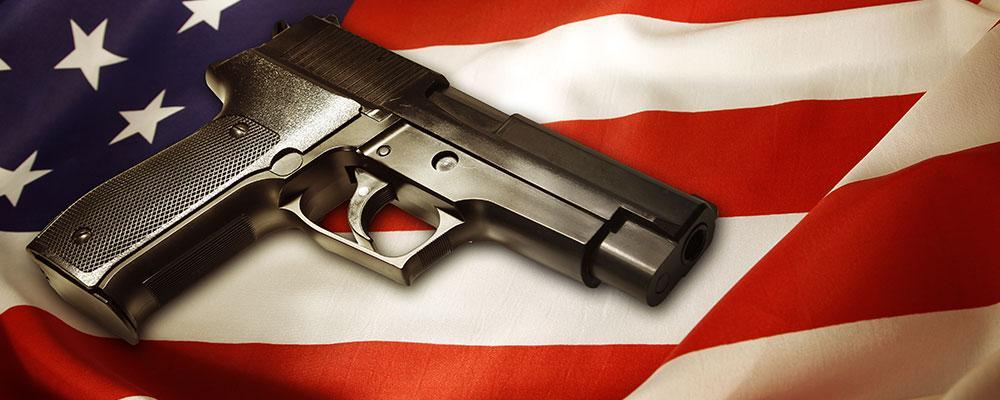The U.S. Senate is poised for a vote to propose a bipartisan draft gun control bill that supporters hope will help stem the mass shootings that have rocked the country in what could be Congress’s first new limits on guns. It could be in decades.
The 80-page Bipartisan Safer Communities Act would encourage states to keep guns out of the hands of those deemed dangerous and tighten background checks for potential gun buyers convicted of domestic violence or serious crimes as minors.
It no longer includes sweeping gun control measures favored by Democrats, including President Joe Biden, such as a ban on assault-style rifles or high-capacity magazines.

Biden renewed calls to action after several high-profile shootings in Buffalo, New York, and Uvalde, Texas.
The legislation will need the support of 60 of the Senate’s 100 lawmakers to overcome Thursday’s procedural hurdle.
Now that the room is split 50-50, it needs the support of at least 10 Republicans to move forward.
Democrats were optimistic after 14 Republicans backed a first step forward on Tuesday.
“Sixty-four members came together… to move forward, an undeniable sign of the widespread support and momentum behind this bill,” Democratic Majority Leader Chuck Schumer said in a floor address on Wednesday.
If Thursday’s vote is successful, the bill will be put to the vote on the expected passage no later than Friday.
Republicans who support the bill, claiming it will not affect the rights of law-abiding gun owners, are among their most fervent voters.
“It doesn’t affect the rights of the vast majority of American gun owners, who are law-abiding citizens with common sense,” said Senate Republican leader Mitch McConnell, who supports the legislation.
But Republican supporters have come under criticism for the legislation, which the National Rifle Association, the nation’s largest gun lobby, is opposing.
The bill provides funding to help states pass “red flag” laws to keep firearms out of the hands of those deemed a danger to themselves or others.
It would also fund alternative interventions in states where the red flag laws are opposed and increase school safety.
It closes the “friend in the law” by refusing gun purchases to those convicted of abusing intimate partners in dating relationships and allows states to add juvenile delinquency and mental health records to national databases for background checks.
Senator John Cornyn, the lead Republican negotiator on the bill, was booed last week when he discussed its contents during a speech before a Republican Party convention in his home state of Texas.
Senator Richard Durbin, the chamber’s second Democrat, said the bill would bring in $4.5 billion in funding for the Department of Justice, the Department of Health and Human Services, and the Department of Education.
A Republican employee estimated the total price tag of the measure at $15 billion.

